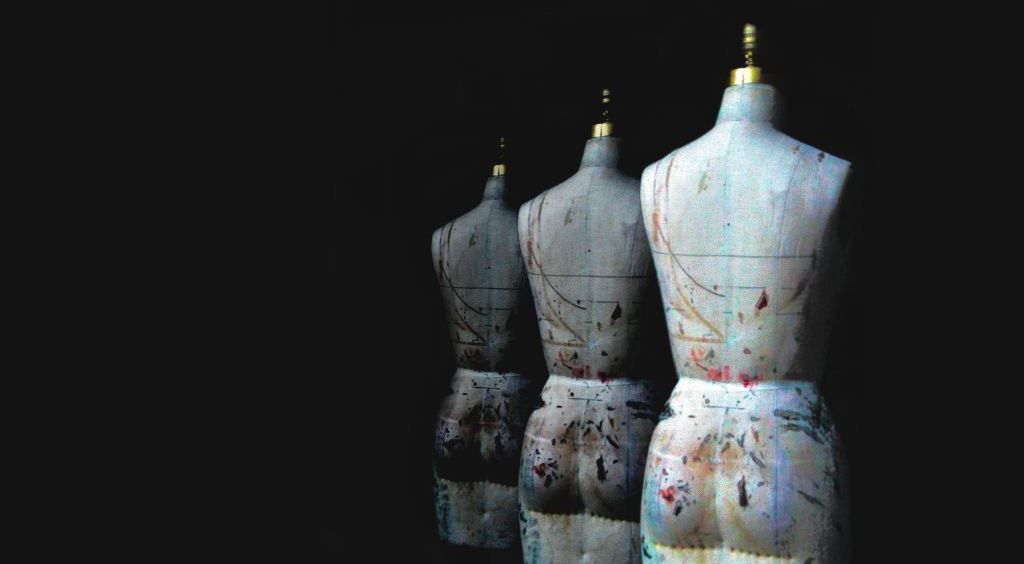NEW YORK - New York City is home to more fashion designers and retailers than any other city in America. More than 900 have their headquarters here, employing hundreds of thousands of New Yorkers. So, it’s no surprise that closures due to coronavirus and stay-at-home orders have hit the fashion industry hard.
According to Steven Kolb, President and CEO of the Council of Fashion Designers of America, “every designer, whether big or small, is faced with difficulties.”
- LIVE UPDATES: Coronavirus in New York City
- What We Know About the Coronavirus
- CDC Coronavirus Page
- WHO Coronavirus Page
Right now stores should be selling spring and summer merchandise, and placing orders with designers and manufacturers for fall. Instead, those spring looks are being returned. Fall orders are being cancelled. That can spell disaster for fashion companies, many of which already operate on a shoestring.
“This is inventory they paid to produce and now place to sell,” said Kolb. “There is uncertainty when stores will re-open and whether retailers will be ready to buy. Without access to cash, this reality puts many designers in jeopardy.”
To help sew up that infusion of cash, the CFDA and nearly 90 retail groups across the country sent a letter to the White House, asking for a share of the relief package passed by Congress on Friday. In part, it read:
“The economic harm from social distancing and mandatory store closures is real. Layoffs and economic hardship will surely follow, particularly for smaller, specialty retailers and brands. The federal stimulus and efforts must be swift and flexible enough to address the urgent need for access to credit to keep these businesses afloat.”
Based on what they saw when COVID-19 swept through China, the CFDA is predicting a 20% reduction in sales over the next three months, and a loss of $429.9 million and 1.7 million jobs nationwide.
“We need to save jobs and keep people employed,” said Kolb. So, the CFDA joined with the National Retail Federation and the American Apparel and Footwear Association, to ask for three things: grants to keep employees on payrolls, relief from duties and tariffs for three months and temporary relief from rents by supporting the landlords.
They didn’t get everything they wanted, but what they got was a good start.
“Retail was never going to be called out specifically,” he said. “Overall, $349 billion is available to small businesses in the form of loans and grants. Large companies will have access to an additional $500 billion. Fashion and retail will have access to all of these.”
But the fashion industry isn’t relying solely on the government for help. The CFDA has joined with the Vogue Fashion Fund to form the fundraising initiative, “A Common Thread”. It gives designers space to tell the stories of how their businesses are being affected by the coronavirus, while raising money to help design houses large and small and, notably, the factories that make their merchandise.
“There are immediate needs like rent and employee payroll,” said Kolb. “The intent is to provide micro-funding to bridge these challenges.”
The program started off on a high. Designer Ralph Lauren led the way with a million dollar donation, and, according to Kolb, “countless donors are joining in.”
If you’re a dedicated follower of fashion and would like to help keep the fashion and retail industries recover, just text the word THREAD to 44321, or go to CFDA.com and click on donate.
